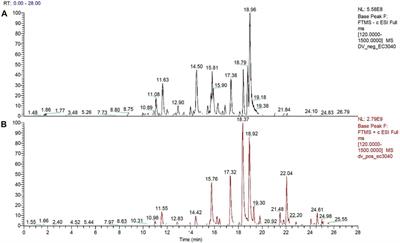ORIGINAL RESEARCH
Published on 03 Apr 2024
Network pharmacology and molecular docking reveal the mechanisms of curcumin activity against esophageal squamous cell carcinoma
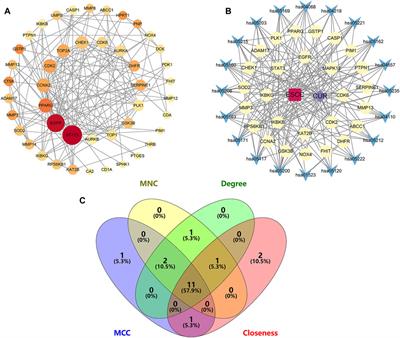
doi 10.3389/fphar.2024.1282361
- 2,594 views
- 2 citations
5,242
Total downloads
18k
Total views and downloads
ORIGINAL RESEARCH
Published on 03 Apr 2024

REVIEW
Published on 29 Feb 2024
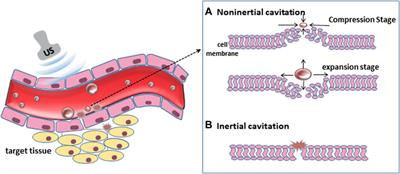
ORIGINAL RESEARCH
Published on 23 Feb 2024
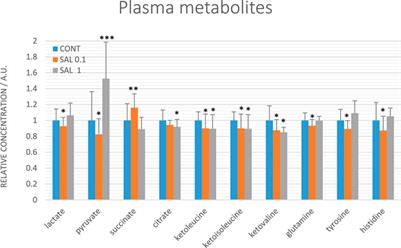
REVIEW
Published on 05 Feb 2024

ORIGINAL RESEARCH
Published on 14 Dec 2023
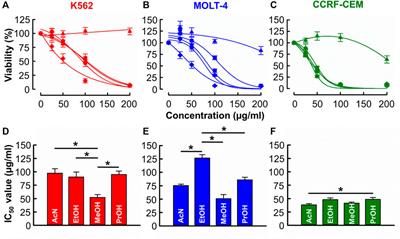
ORIGINAL RESEARCH
Published on 23 Jun 2023
